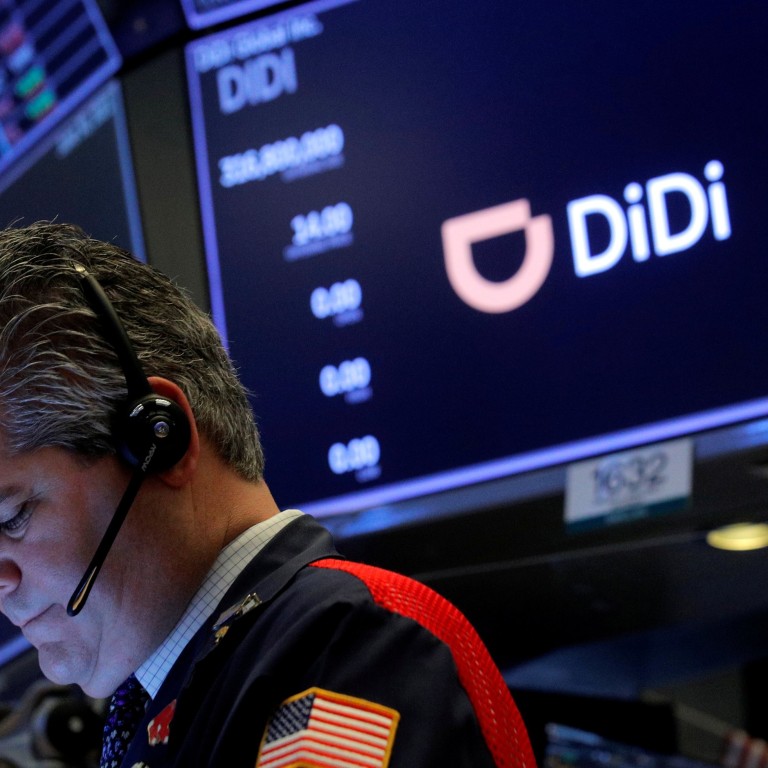
Why investors must get the message in China’s regulatory crackdown
- Recent events might lead investors in China’s tech sector to seek out firms in sectors the government has designated as strategically important
- Greed will still conquer fear in markets, but investing in China will require more thought than just buying the dip
“Buy the dip” is a popular mantra with many investors. To do so when the investment landscape has shifted is a dangerous game, though, and the investment landscape has definitely shifted.
Investors who were caught out by China’s change of attitude towards this part of the education sector have every reason to feel aggrieved. Markets need to compute that there are ideological and practical explanations that have driven Beijing’s approach, however, and investors should respond accordingly.
That means that, going forward, the challenge for investors will be to identify investment opportunities that offer good potential returns as well as ones that will not easily fall foul of Beijing’s longer-term policy objectives.
Regulation of tech sector could be a tipping point for China’s economy
Then there is the separate but thorny issue of Chinese companies listed on US exchanges.
Even though CNBC reported last week that China Securities Regulatory Commission vice-chairman Fang Xinghai had told brokerages that Beijing would still allow Chinese companies to go public in the United States so long as they meet listing requirements, it is perfectly conceivable that Chinese firms listed on US exchanges could end up being caught between the competing regulatory demands of the two countries. That would not play out well for investors.
In effect, buyers of those shares hold stock in a shell company that has a contractual relationship with the Chinese firm but not stock in the Chinese company itself.
Such disclosures might be forthcoming, but Beijing has already said it was planning rule changes to permit Chinese regulators to block companies from listing overseas even if the entity selling the shares is based outside China. If China comes down hard against these VIE structures, many investors could lose large sums of money very quickly.
The investing landscape has changed. Greed will still conquer fear in markets, but investing will require more thought than just buying the dip.
Neal Kimberley is a commentator on macroeconomics and financial markets


